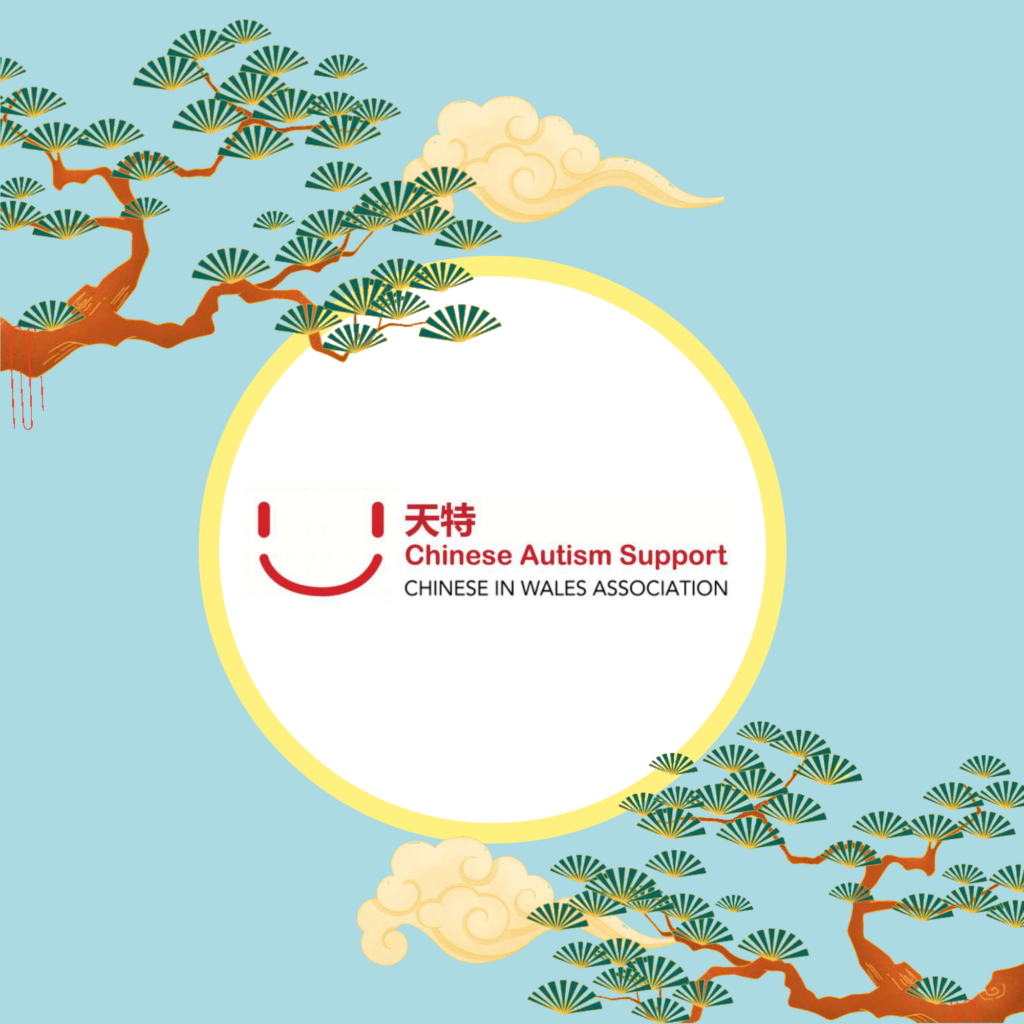The Chinese Autism Support Group was founded by our autism specialist Hazel Lim. We have run autism projects specifically focused on improving the lives of Chinese families living with autism and related conditions.

The Chinese Autism Support Group was founded by our autism specialist Hazel Lim. We have run autism projects specifically focused on improving the lives of Chinese families living with autism and related conditions.


With funding from the National Lottery Fund, the Find Me Project aims to support Chinese families living with autism to overcome barriers and have a voice. Autism is still a relatively new concept for the Chinese community, and it is often seen as a symbol of bad luck among Chinese families, who believe it may be passed on to others. Chinese families are struggling with cultural stigma, as well as language barriers.
Many Chinese ethnic children’s physical and mental well-being is affected by the long-term negative impact of “hiding away,” and family members may experience extreme stress. The Allow Me project aims to bring out the best in children, allowing them to come together as a community and develop positive family relationships. This project is supported by BBC Children in Need.
Understanding of Autism varies greatly, although Autism Spectrum Disorder (ASD) is now very commonly recognised in the UK and Wales. It is still a relatively new concept within the Chinese community and one which some community members struggle with, or do not accept. Today, stigma and stereotypes towards Autism have become one of the most significant challenges that Chinese families with children diagnosed with Autism have to face within the Chinese cultural context.
An interpreter can be particularly important when complex and sensitive information is being explained, such as an assessment or a diagnosis. CIWA has been informed of instances within the Chinese community when interpreters misunderstood English speakers experts/doctors or inserted their own cultural assumptions. Which loses the clarity of what the professional might have been seeking to communicate. Some medical terms are difficult to interpret, for an interpreter without the specific knowledge of Autism. Or the term has no direct/simple Chinese word, this sometimes could result in the use of words with negative connotations (e.g. ‘disease’) which had not been intended by professionals.
Please find below a downloadable link to receive an electronic copy. Should you wish to obtain printed copies, please email Hazel at: [email protected]
Please contact autism team if you have any enquiries.
All advice is free and confidential.